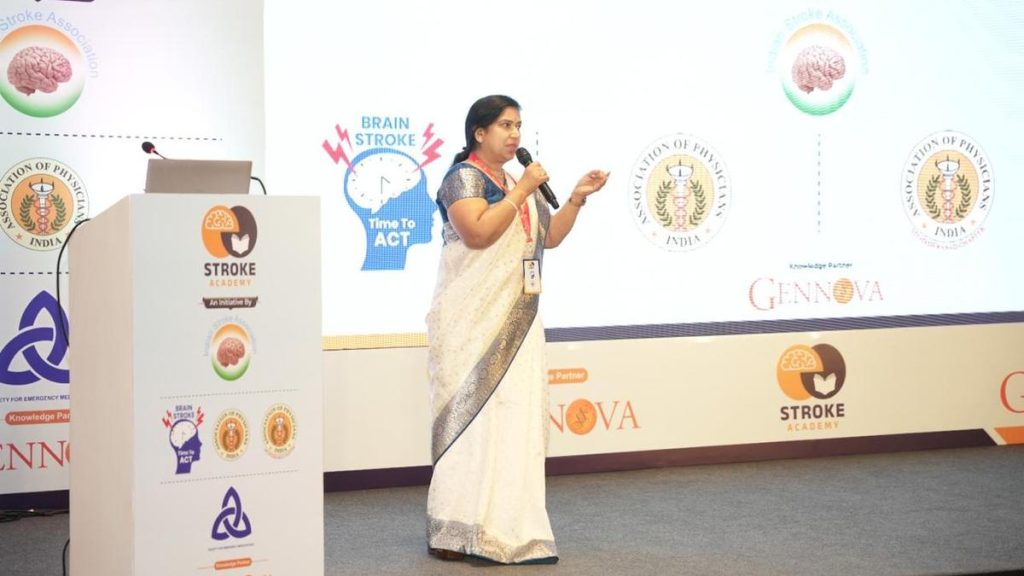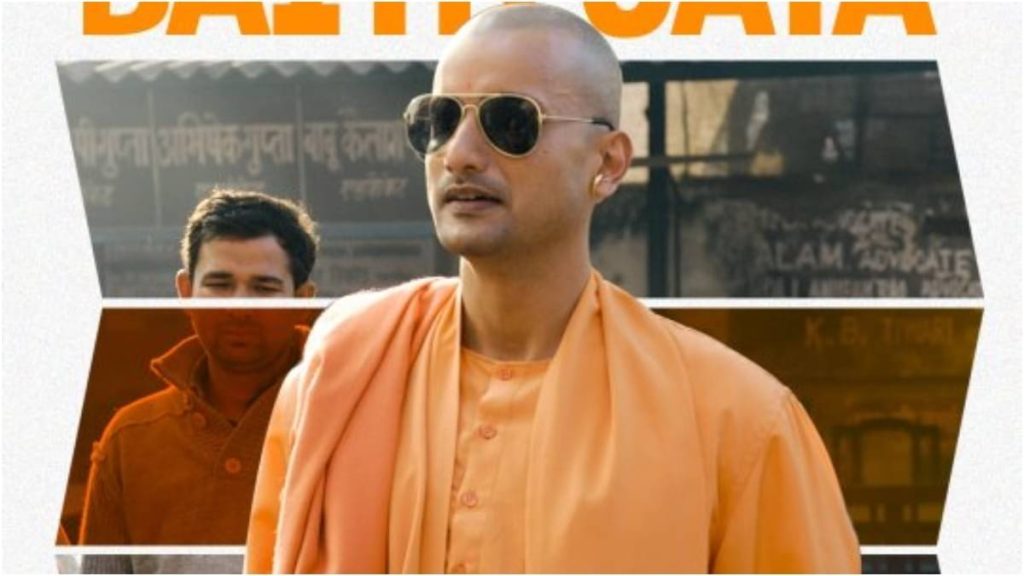Now Reading: 10 Surprising Statements by Government Officials
-
01
10 Surprising Statements by Government Officials
10 Surprising Statements by Government Officials

Swift Summary:
- A former U.S. Air Force intelligence officer claimed in 2023 that the U.S.government recovered non-human biologics from UFO crash sites and has been reverse-engineering alien technology for decades.
- Icelandic officials in 2014 supported claims of a lake monster’s existence, awarding $4,300 too a video considered “authentic” despite experts debunking it.
- In Slovakia, politician Lukas Machala expressed skepticism about the Earth being round and voiced support for flat-earthers receiving broadcasting platforms.
- Indian higher education minister Satyapal Singh rejected Darwin’s theory of evolution in 2018, calling it “scientifically wrong,” leading to backlash from over 2,000 scientists.
- Zimbabwe construction workers reported mermaid sightings at reservoir sites in 2012; traditional rituals were conducted to appease these alleged creatures.
- BJP MP Pragya thakur suggested drinking cow urine as a COVID treatment during India’s pandemic surge in 2021; health experts dismissed her claim as scientifically unsound.
- Saudi cleric Sheikh Saleh bin Saad al-Lohaidan argued women driving damaged their ovaries; this statement came amid efforts to lift saudi arabia’s female driving ban (lifted eventually in June 2018).
- Iranian leaders have alleged Israel uses armies of jinns (mythical beings) for intelligence operations against Iran according to Quranic interpretations cited by theologians like Mustafa Karami.
- The White House Science Director claimed the U.S. can manipulate space and time using advanced technologies during an address at an Endless Frontiers retreat in late April 2025-widely interpreted metaphorically but stirring conspiracy theories online.
- A U.S.Congress representative questioned UFO transparency experts on underwater alien bases that purportedly house hybrid experiments while listing several known conspiracy theories.
Indian opinion Analysis:
These claims highlight varied instances where government officials have made extraordinary statements based on personal beliefs or unconventional sources, ranging from scientific skepticism to paranormal ideologies. While such assertions frequently enough spark curiosity and debate globally-particularly regarding UFO disclosures-their implications can vary widely.
For India specifically, statements rejecting established scientific theories like evolution (as by Satyapal Singh) risk undermining research credibility and science education frameworks nationwide. Advocacy against evidence-backed curriculum changes can hinder institutional progress and global respect for Indian academia.
Broadly speaking, these cases reveal how ideological affiliations or individual opinions among public figures could influence public discourse-and might erode trust if detached from scientific validity or empirical evidence. As India continues its push towards innovation-led development across sectors including space research (ISRO), balancing credible science communication with public accountability becomes more critical than ever.
While peculiar remarks may sometimes gain media attention momentarily or prompt amusement internationally-as with cow urine treatments-they also emphasize the need for rigorous fact-checking standards when integrating emerging ideas into national policy advocacy spheres without compromising reason-based policy-making practices.

























